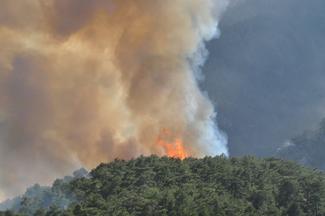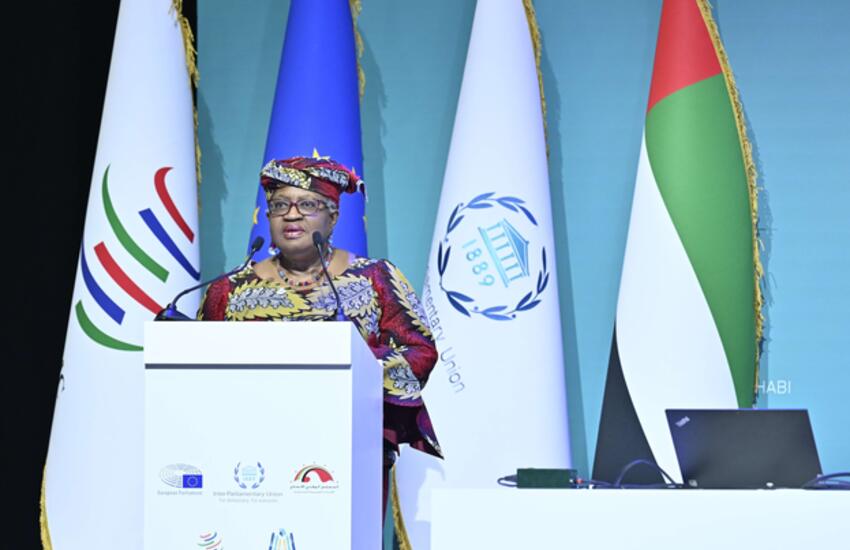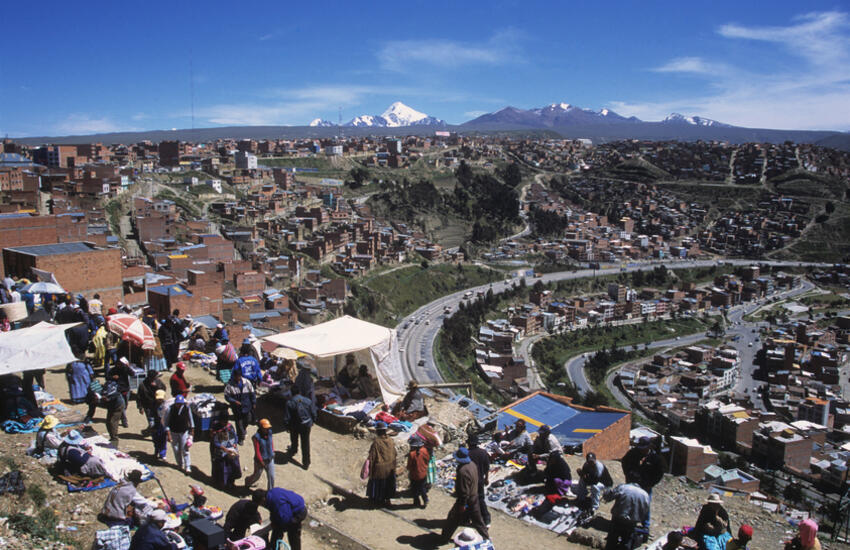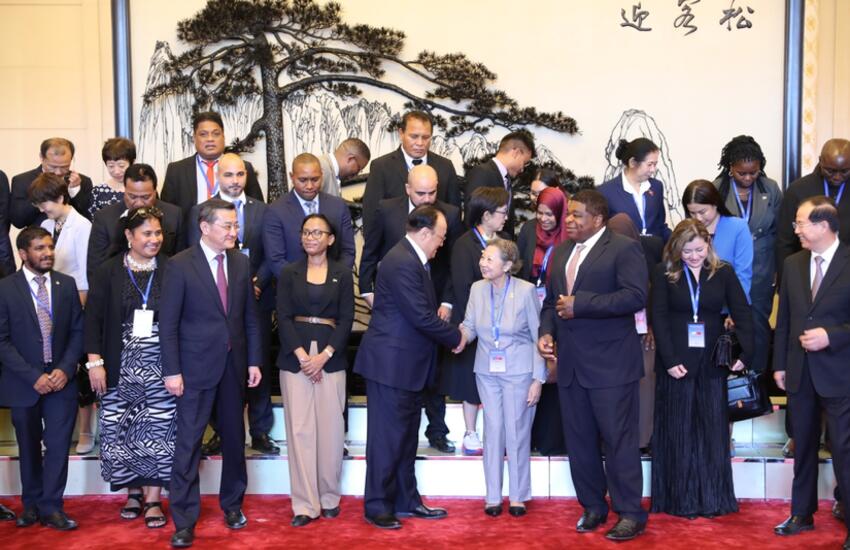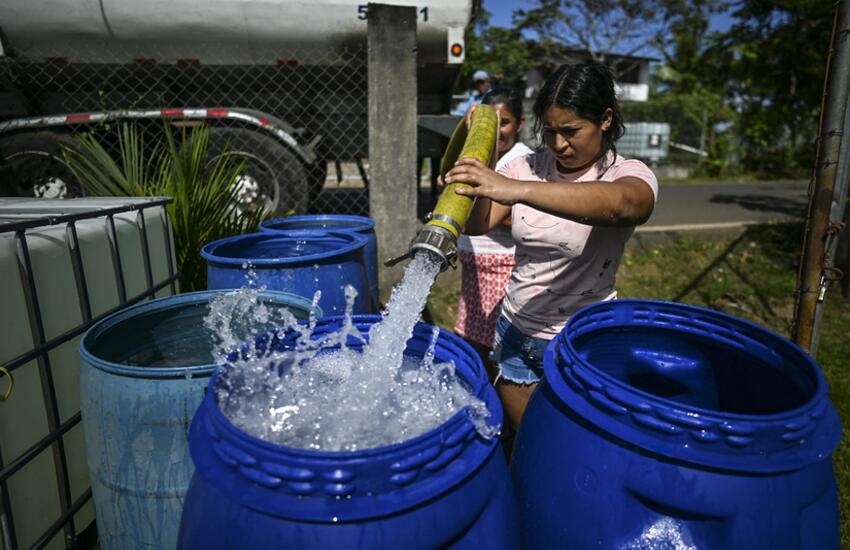The recently published sixth report of the UN Intergovernmental Panel on Climate Change (IPCC) is a wake-up call for parliamentarians the world over. Eight years in the making, and drawing on the work of hundreds of experts and scientific studies, the report confirms that humans are unequivocally the cause of climate change, and worse, it is occurring faster than previously assumed.
Parliamentarians are uniquely positioned to take mitigating action through legislation, national budgets and government scrutiny. The IPU has the resources to help them.
The power of parliamentarians
Parliaments are not only well placed to scrutinize how governments are responding to climate change issues, but can also hold them to account over their actions. Furthermore, parliamentarians bridge the gap between decisions made at the global level and their national implementation. For example, ahead of the 2015 Paris climate change negotiations, national legislation helped to create the conditions for a more ambitious international agreement by demonstrating what was already possible.
To support parliamentarians’ fight against climate change, the IPU has several resources:
Parliamentary action plan on climate change
Published in 2016, the Parliamentary action plan on climate change focuses on what national parliaments can do to strengthen the international response to climate change.
The action plan was designed to guide parliaments as they put in place the recommendations of the Paris Agreement to ensure that the legislative response to climate change is both nationally appropriate and consistent with the aims of the United Nations Framework Convention on Climate Change.
Shades of green: an introduction to the green economy for parliamentarians
Published in 2019, this short note provides guidance for parliaments to support the transition to a green economy, necessary to solve the unprecedented sustainability challenges the world faces today. It includes a list of concrete actions involving all three pillars of sustainable development – economic, social and environmental.
Green approaches to COVID-19 recovery: Policy note for parliamentarians
This 2020 policy note outlines parliamentarians’ critical role in ensuring economic recovery efforts post pandemic are in line with environmental and development goals, and in seizing the opportunity to “build back better”.
Discussed are key approaches that parliamentarians should consider in promoting a sustainable and green recovery that will: help build more resilient economies; contribute to meeting countries’ international commitments under the Paris Agreement and the 2030 Agenda for Sustainable Development; and build momentum towards a strong post-2020 global biodiversity framework.
Additionally, it suggests ways to move toward an inclusive green economy. Such an economy reduces, reuses and recycles goods. It invests in renewable energy and public goods that promote communal use. And it implements policies that internalize and ensure both the equitable use of environmental resources and the promotion of economic activities that preserve biodiversity. Green economic policies and laws are vital to transitioning into economic sectors that ultimately build a resilient economy. These policies and laws may include ending fossil fuel subsidies, enforcing the “polluter pays” principle, supporting green jobs, and including green conditionalities in fiscal recovery policies.
This policy note is being put into practice in some national parliaments following expressions of interest. For example, MPs in the Seychelles are following it to draft and amend legislation to ensure a green recovery.
Other resources of note are the Policy brief: Global trends in climate change legislation and litigation: 2018 snapshot, a report jointly prepared by the IPU, the London School of Economics, the University of Leeds and Columbia Law School, which analyses global trends, and the IPU Advocacy kit for parliamentarians: "Disaster Risk Reduction: An Instrument for Achieving the Millennium Development Goals". First published in 2010 and due to be updated this year, the kit is a relevant how-to guide for parliamentarians on reducing disaster risk, particularly when compounded by climate change.
In partnership with the Italian and UK parliaments, the IPU is also organizing parliamentary meetings in Rome in the lead-up to the November COP26 event and in Glasgow during the event itself.





